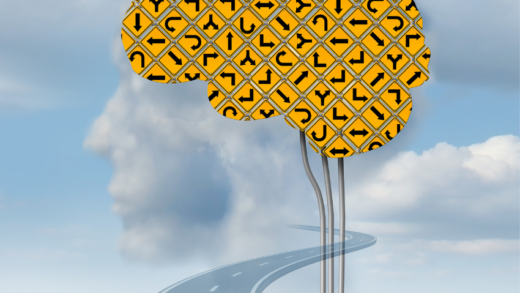Depression is a common mental health disorder that affects millions of people worldwide. Antidepressants are a class of medication that helps treat depression, anxiety, and other related disorders. They work by altering the levels of certain chemicals in the brain, such as serotonin, norepinephrine, and dopamine. In this article, we will explore antidepressants in detail, including their types, uses, side effects, and FAQs.
Types of Antidepressants:
There are several different types of antidepressants, including selective serotonin reuptake inhibitors (SSRIs), serotonin-norepinephrine reuptake inhibitors (SNRIs), tricyclic antidepressants (TCAs), and monoamine oxidase inhibitors (MAOIs). Each type of antidepressant works in a slightly different way and may be more effective for certain individuals or types of mental health disorders.
SSRIs: The Most Commonly Prescribed Antidepressant
SSRIs are the most commonly prescribed antidepressants and work by increasing the levels of serotonin in the brain. Some of the most commonly prescribed SSRIs include fluoxetine (Prozac), sertraline (Zoloft), and escitalopram (Lexapro). SSRIs are generally safe and well-tolerated, but they can cause side effects such as nausea, diarrhea, and sexual dysfunction.
SNRIs: How They Work and Who They’re For
SNRIs work by increasing the levels of both serotonin and norepinephrine in the brain. They may be more effective for individuals who have not responded to SSRIs or who have symptoms of both depression and anxiety. Some of the most commonly prescribed SNRIs include venlafaxine (Effexor) and duloxetine (Cymbalta).
Tricyclic Antidepressants: An Older Class of Medications
TCAs are an older class of antidepressants that work by increasing the levels of serotonin and norepinephrine in the brain. They may be more effective for individuals who have not responded to SSRIs or SNRIs, but they can also cause more severe side effects, such as dry mouth, constipation, and blurred vision.
MAOIs: Rarely Prescribed, but Effective for Some
MAOIs are rarely prescribed due to the risk of dangerous interactions with certain foods and medications. However, they can be effective for individuals who have not responded to other types of antidepressants.
Uses of Antidepressants:
Antidepressants are primarily used to treat depression, but they can also be used to treat other mental health disorders, such as anxiety, obsessive-compulsive disorder (OCD), and post-traumatic stress disorder (PTSD). Additionally, some antidepressants are used to treat chronic pain and sleep disorders.

Side Effects of Antidepressants:
While antidepressants are generally safe, they can cause some side effects, including:
- Nausea
- Dizziness
- Headaches
- Insomnia
- Weight gain
- Sexual dysfunction
- Dry mouth
- Constipation
- Blurred vision
- Increased heart rate
It’s important to note that not everyone experiences these side effects, and they may vary depending on the type of antidepressant and dosage.
FAQs:
Are antidepressants addictive?
Antidepressants are not addictive, but some people may experience withdrawal symptoms if they stop taking them suddenly. It’s important to taper off antidepressants under the guidance of a healthcare provider.
How long does it take for antidepressants to work?
It can take several weeks for antidepressants to work, and the dosage may need to be adjusted over time.

Can you drink alcohol while taking antidepressants?
It’s generally not recommended to drink alcohol while taking antidepressants, as it can increase the risk of side effects and decrease the effectiveness of the medication.
Can antidepressants be taken during pregnancy?
Some antidepressants are safe to take during pregnancy, but others may pose a risk to the fetus. It’s important to consult with a healthcare provider before taking antidepressants during pregnancy.
Can you stop taking antidepressants once you start feeling better?
It’s important to continue taking antidepressants as prescribed, even if you start feeling better. Stopping medication abruptly can lead to a relapse of symptoms. It’s important to work with a healthcare provider to determine the appropriate time to stop taking antidepressants.
Conclusion:
Antidepressants are an effective treatment for depression and other mental health disorders. It’s important to work with a healthcare provider to determine the appropriate type of antidepressant and dosage for your individual needs. While antidepressants can cause side effects, they are generally safe and well-tolerated by most people. If you are experiencing symptoms of depression or other mental health disorders, don’t hesitate to reach out for help. With the right treatment, you can overcome these challenges and improve your quality of life.






















